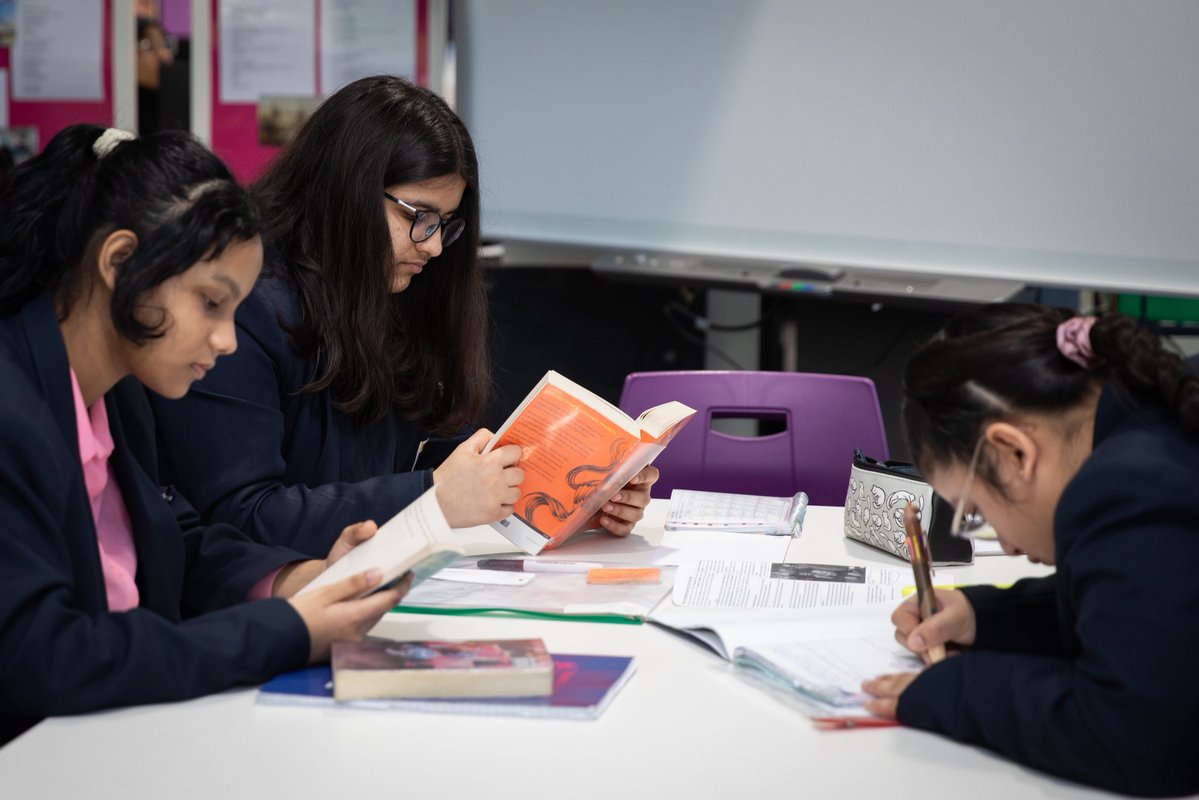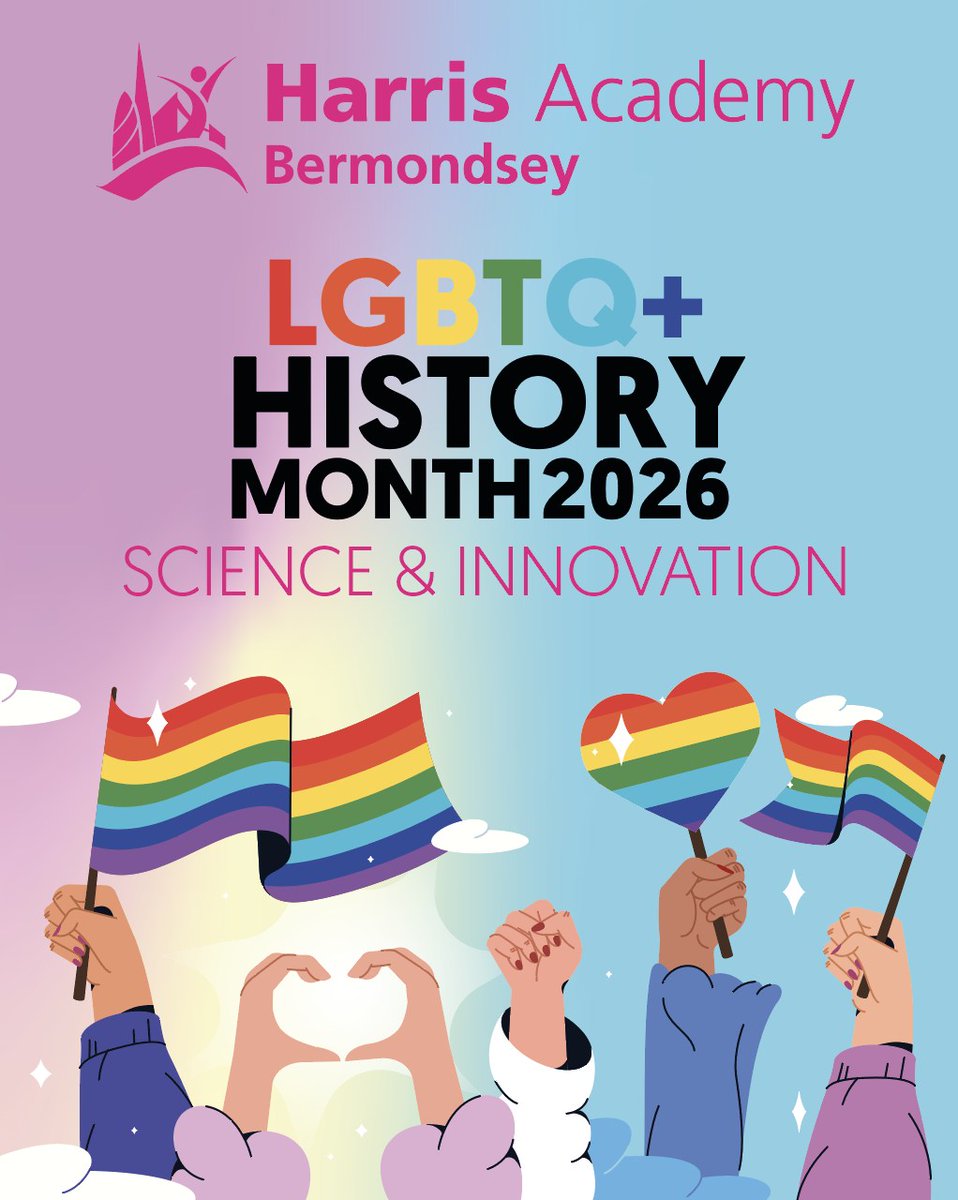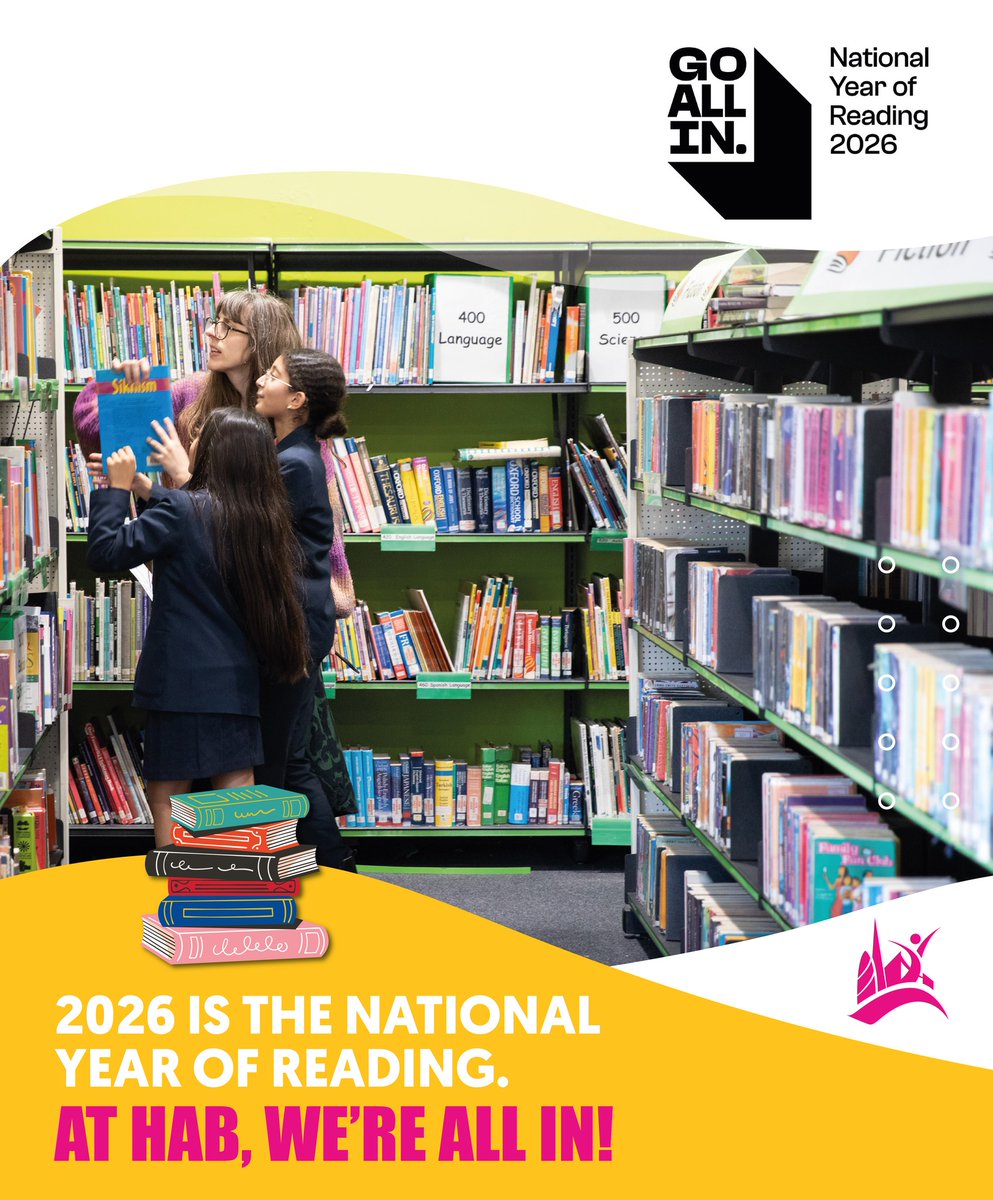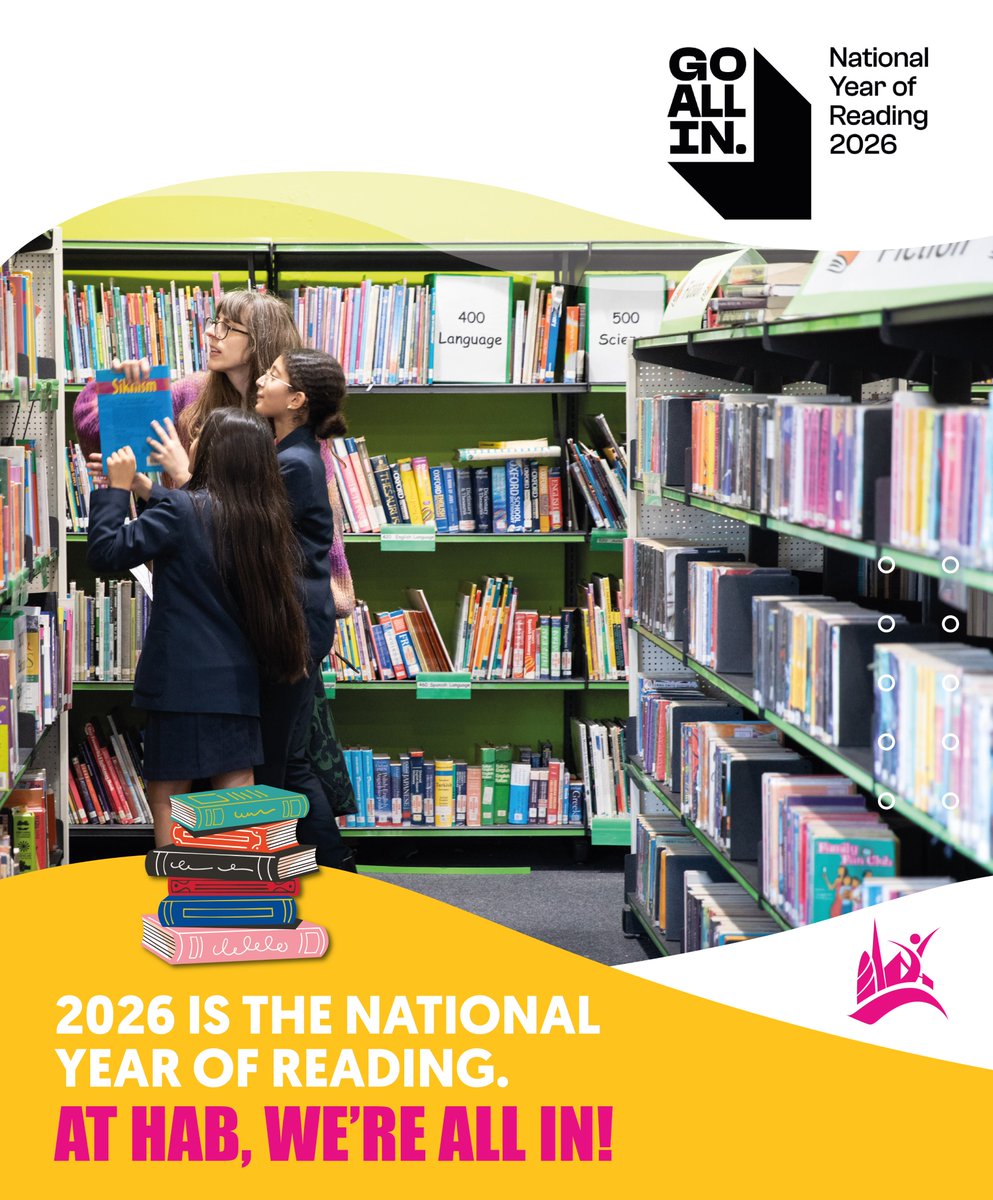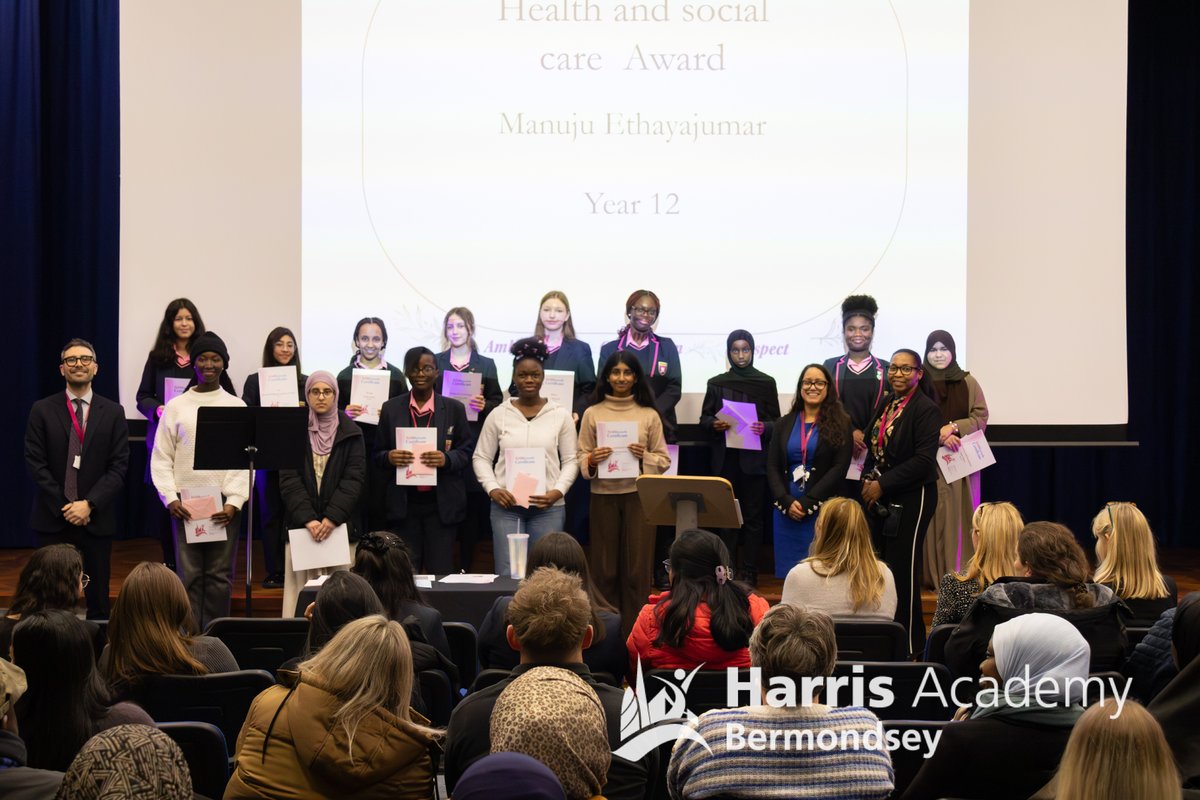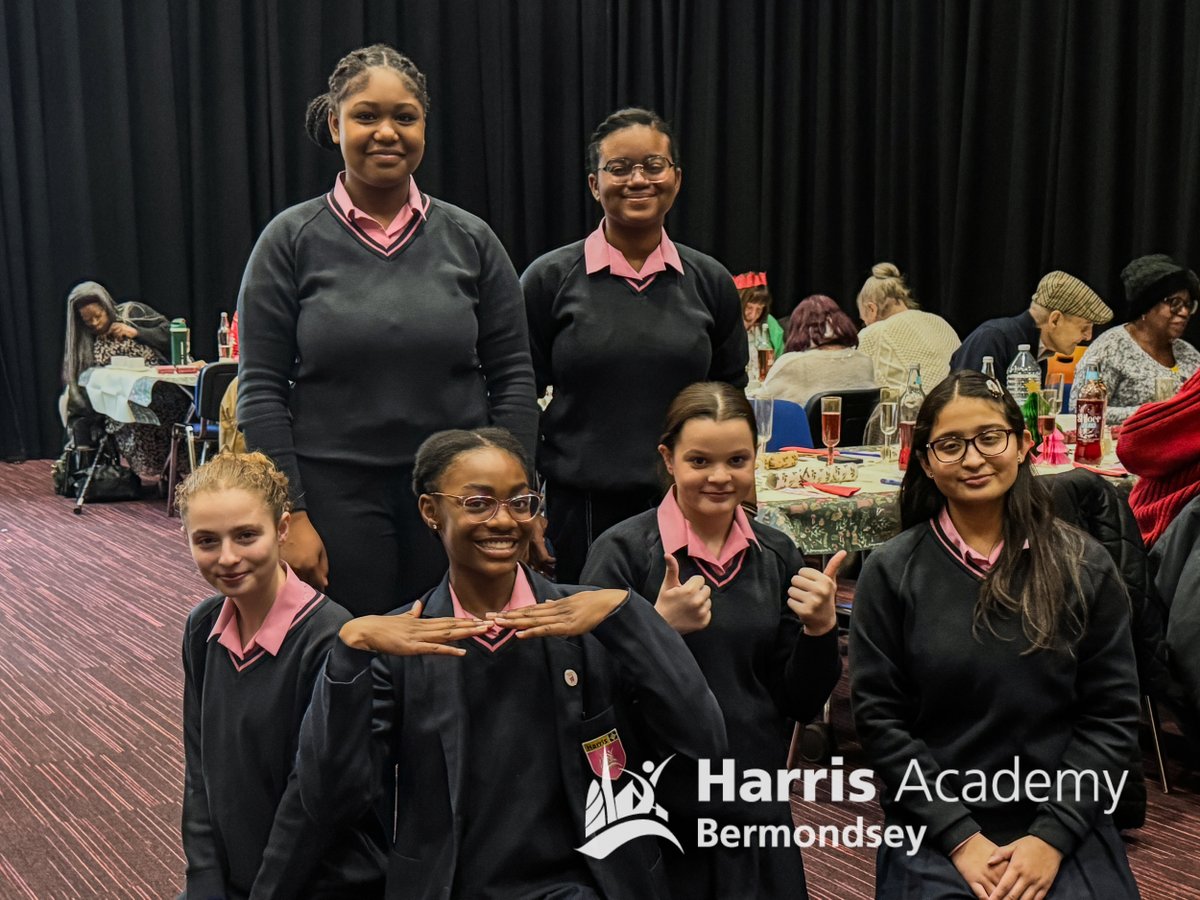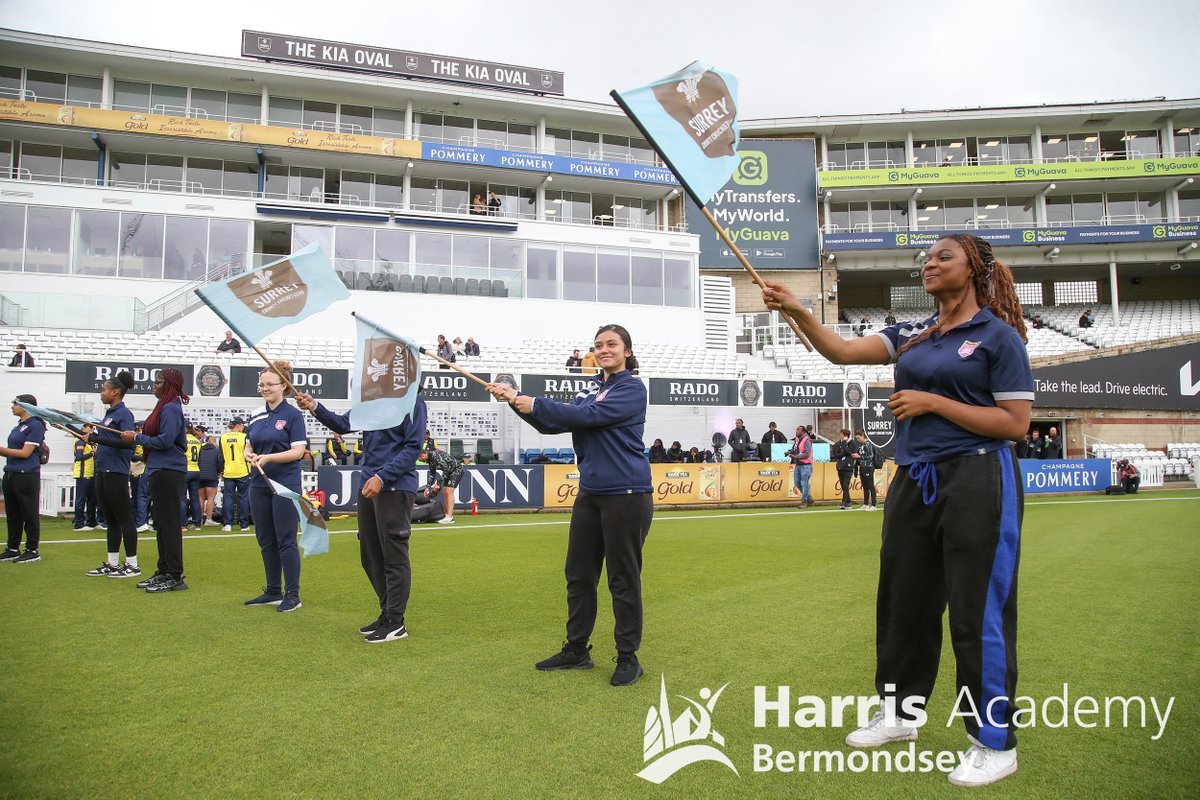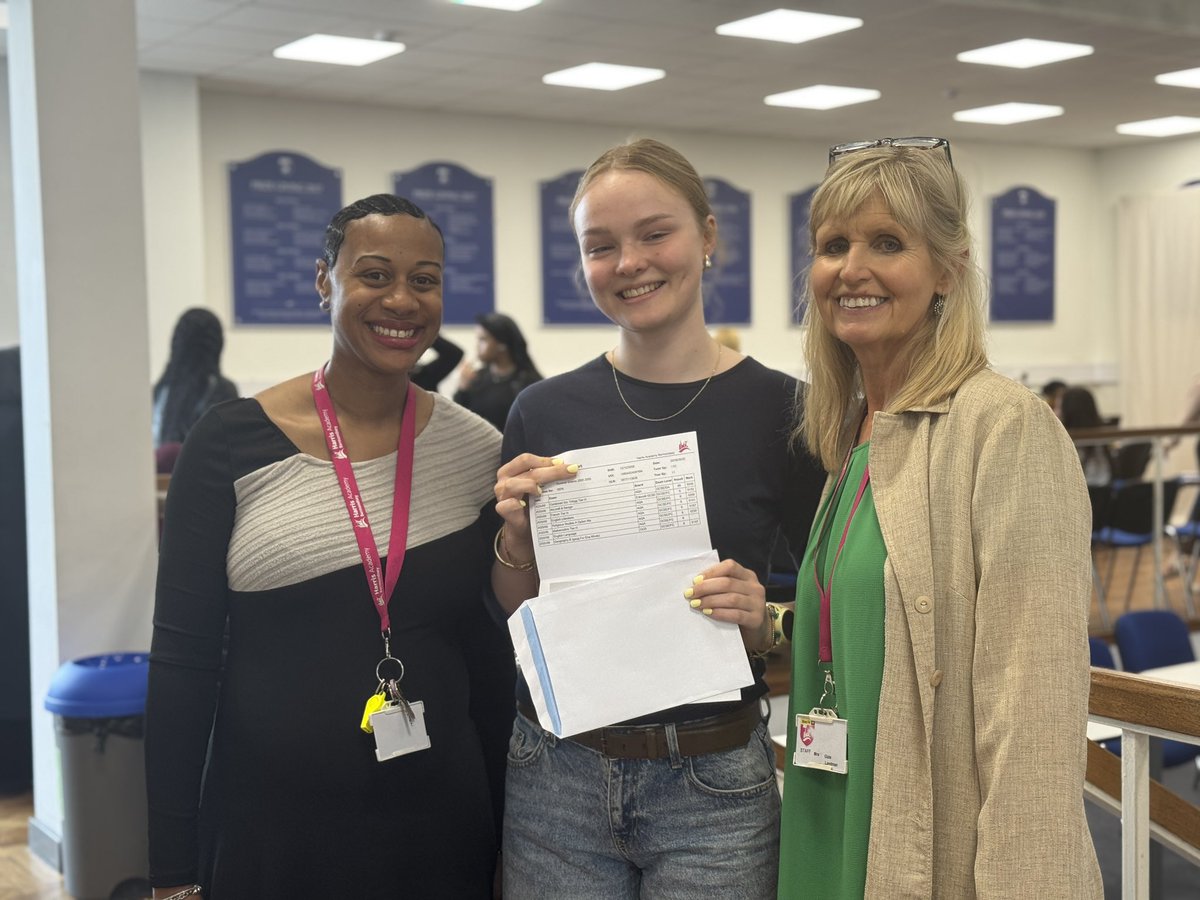Literacy At Harris Academy Bermondsey
At Harris Academy Bermondsey we are dedicated to literacy in all its facets: the joys of reading, the expressive precision of vocabulary and the power of the written word.
Evidence from Organisation for Economic Co-operation and Development (OECD) found that reading enjoyment is more important for a child’s educational success than any other factor, which suggests that ‘those who read succeed’.
We also know that a well-developed and sophisticated vocabulary improves all areas of communication: listening, speaking, reading and writing. As such, vocabulary development is critical to a child's success, especially as vocabulary growth is directly related to school achievement.
The joys of reading
Research shows us that reading for pleasure can promote better health and wellbeing, aids in building social connections and relationships with others (The Reading Agency, 2018). To make sure our students always have access to engaging and exciting reading material, our Academy library is open before school, at break time, at lunchtime and at the end of the school day.
Our inclusive library catalogue has been carefully curated to meet the wide-ranging needs and interests of our students. The Academy librarian is always on the lookout for book suggestions that will allow the catalogue to grow and develop along with our students. The library also runs themed reading challenges to encourage and celebrate reading engagement.
Year 7 students travel the world with their Reading Passport Challenge whilst students in Year 9 challenge the dangers of the single story by reading books from as many different authors as possible.
 Literacy is a central tenant of our Personal Development curriculum. Each week, students read an article about a topic, person or event that will help them understand the world beyond the textbooks and exam criteria of the curriculum. During these sessions, students learn about, for example, Black British history, LGBTQ+ history, South Asian history, English language, environmentalism and inspiring Muslim women.
Literacy is a central tenant of our Personal Development curriculum. Each week, students read an article about a topic, person or event that will help them understand the world beyond the textbooks and exam criteria of the curriculum. During these sessions, students learn about, for example, Black British history, LGBTQ+ history, South Asian history, English language, environmentalism and inspiring Muslim women.
To help students who need support with their reading we offer intervention in the form of Phonics sessions, SALT therapy, guided reading and Reader Leader. During these targeted intervention sessions, students have time to develop specific reading skills based on their needs. Across these sessions students learn about phonics, fluency, comprehension, inference and vocabulary.
We provide support for students who need help with their reading skills through various interventions such as Phonics sessions, SALT therapy, guided reading, and Reader Leader. These targeted sessions allow students to work on specific reading skills tailored to their individual needs. The sessions cover phonics, fluency, comprehension, inference, and vocabulary. Our phonics lessons are based on the Fresh Start program, which is a structured, cumulative, and multi-sensory literacy program focusing on the systematic teaching of phonics to improve students' decoding, fluency, comprehension, and vocabulary. Selected students in Key Stage 3 (Year 7-9) attend these intervention sessions 3 to 4 times a week in small groups or one-on-one.
As adults, both at home and at school, we are reading role models for the young people in our lives. Having books in the home and taking the time to read shows young people that reading is a valuable and enjoyable activity.
Of children who report having fewer than ten books in their homes, 42% say they do not like reading and only 32% say they are 'very confident' readers. For children who report having over 200 books at home, only 12% say they do not like reading and 73% consider themselves 'very confident' readers (Reading Agency).
Please encourage the young people in your life to read regularly both inside and outside of school. Any further help you can provide at home through the shared reading of books and newspapers will greatly support the work your child will be doing to develop their reading skills at school.
Fantastic book lists
 Ms Morris has created an array of
Ms Morris has created an array of
awesome book lists to inspire your reading. Just choose your favourite genres and dip in!
You can also try these!
- Great books for Key Stage 3 students
- Books to hook readers who aren’t sure what to read
- Books to stretch and challenge readers - 10 classics to read before you are 16
- Year 8 book suggestions
- The HAB Transition Book List
- Year 7 kindness book list
We hope they provide inspiration for anyone looking for a great book to read next.
 Reader Leader
Reader Leader
Reader Leader is a peer-based mentoring programme where older students support younger students with their reading skills. Our Reader Leader mentors are trained in phonics and comprehension so they can guide the reading activities to meet the needs of the students they are supporting.
The programme helps younger students to develop their reading skills and gives older students the opportunity to develop their leadership skills too. The results can be dramatic. “There are students who have made two years reading progress in one year,” says Amy Morris, the Head of Literacy
"I joined the Reader Leader Team because I want to help younger students and because I believe in the importance of spreading the love of reading," said one of our Year 9 Reader Leaders. "It’s been a really useful process because I’ve had the opportunity to learn a lot about the person I read with and I’ve developed my leadership skills, so I’m better at explaining key ideas and fielding challenging questions."
A Year 8 student who is supported by the Reader Leader scheme agreed there were lots of benefits. "Reading with my partner is really useful because my partner always corrects me and teaches me how to pronounce new words which means I’m better next time I see that word," she said. "The words that I learn during my sessions help me in my lessons too," she added.
Staff have noticed a difference too. "After attending Reader Leader, one of my tutees is far more confident when reading aloud in lesson," said a Year 8 tutor.
HAB is dedicated to supporting all students with their reading skills and our Reader Leaders are the living embodiment of the HAB values of Ambition, Compassion and Respect.
The expressive precision of vocabulary
To make sure students at HAB are always developing their vocabulary, we strategically plan and deliver explicit vocabulary instruction into all areas of the curriculum. At HAB we do not just want students to be able to understand the words we teach them, we want them to be able to express themselves eloquently using the words we are teaching.
To ensure receptive and expressive understanding of new vocabulary, staff have been trained to teach vocabulary using a range of strategies that unlock the breadth and depth of a word. By exploring the morphology of a word, its polysemous meanings and its etymology, students can become language experts who can speak and write like, for example, mathematicians, historians, geographers and scientists.
This deep knowledge prepares students for their examinations and gives them the lexicon needed for college university and life beyond. More importantly, this rich knowledge of vocabulary will give our students the words they need to be able to express themselves – their hopes, their dreams and their opinions – with confidence.
Staff are also well versed in Beck, McKeown and Kucan’s tiered approach to vocabulary. In this model, vocabulary is divided into three tiers. Tier 1 is the simplest tier – these are words that most learners will pick up through natural, everyday conversation. They include common nouns like ‘clock’, ‘chair’ or ‘house’, verbs like ‘walk’ and ‘run’, or adjectives like ‘sad’ and ‘happy.’ These words don’t normally require explicit teaching.
Tier 2 words are ambitious and academic words, such as ‘emerge’, ‘analyse’, ‘peculiar’ and ‘context’, that learners are likely to come across in a variety of contexts and across all subjects, but which aren’t used much in everyday conversation. For example, the Tier 2 word ‘soar’ can add more sophistication and specificity to a learner's understanding of the word ‘fly’. They will be able to understand that soaring isn’t just flying, but flying very high in the air.
Tier 3 words are subject-specific, used within a particular field. This is the language of scientists, mathematicians, historians, and literary critics. For maths, this includes words like ‘denominator’, while science lessons might require learners to understand ‘homeostasis’. Often, these words are integral to teaching content for certain subjects. Research suggests that the explicit teaching of Tier 2 words makes the biggest difference to vocabulary development, this is because Tier 2 words can be applied to many topics, contexts and often have multiple meanings, the deep understanding of these words is most useful to students.

To support student acquisition of Tier 2 vocabulary, a range of activities are taking places across the school. All students in Year 7, 8 and 9 have access to Bedrock Learning. Bedrock Learning is an online programme designed to teach students a range of new vocabulary through a variety of non-fiction lessons and tasks.
Students are expected to complete two lessons of Bedrock Learning each week as part of their English homework. Every week, students engage with a Literacy lesson as part of their Personal Development curriculum. During these sessions, students learn a range of Tier 2 vocabulary across a range of contexts – words such as ‘eloquent’, ‘captivate’ and ‘pioneering’.
We have also introduced the explicit teaching of morphology into the Literacy lessons. Morphology is the study of how words are structured. When we look at words, they are made up of prefixes, roots (also known as stems) and suffixes, many of which have Greek and Latin roots.
Prefixes, roots and suffixes contain units of meaning to help build the overall definition of a word. Over 60 percent of all English words have Greek or Latin roots. In the vocabulary of the sciences and technology, the figure rises to over 90 percent. Therefore, if a student knows the meanings of the different prefixes, roots and suffixes, they will be able to make informed predictions about the meaning of words even if the words are new to them.
For example, knowing that the prefix ‘col’ means ‘together’ will help you to work out that collaboration means to work together. A clear understanding of morphology creates a rich network of vocabulary knowledge that will prepare students for independent work at school and beyond.

 HAB literacy calendar
HAB literacy calendar
Some people see literacy as a lesson to be taught but here at HAB literacy is a wonder to be experienced. As such we have created a calendar of events that take place each year, including those listed below.
- Creative writing workshops run by amazing authors, such as Catherine Johnson, author of Freedom.
- African storytelling workshops by The Cow Foot Prince which teach students about African history and celebrate the power of the feminine.
- Library induction lessons for Year 7 students teach them how to use the library and the sessions get them into a routine of book borrowing.
- ‘Never judge of book by its cover’ sounds like a cliché but it’s great advice for book borrowing. In this library lesson, Year 8 students explore a range of books whose covers have been wrapped up and covered. Instead of choosing a book based on the front cover or the blurb, students explore the opening lines of books.
- The Literary Tea Party is a chance to celebrate the students who have shown dedication to all things literacy at HAB. At the tea party students take part in a host of book based activities such as potion making and gingerbread decorating.
- Young City Poets Project, arranged by the National Literacy Trust, gives young people the chance to visit famous cultural venues in their area, to inspire poetry. In the past we have visited the Metropolitan Archives, the Tower of London and St Paul’s Cathedral. As part of the project, the students also attend a poetry workshop with a professional poet.
- World Book Day is an opportunity for students and staff to dress up as their favourite characters from fiction and non-fiction books. Last year we had dinosaurs chasing fairies across the playground whilst staff and students revelled in the opportunity to talk about the books they love. As part of our World Book Day celebrations, every student in the school is given a book to add to their own home library.
-
Power of Voice, arranged by The National Literacy Trust, aims to empower young people to tell the stories that matter to them, harnessing the power of writing to share experiences with a real audience and drive change.
